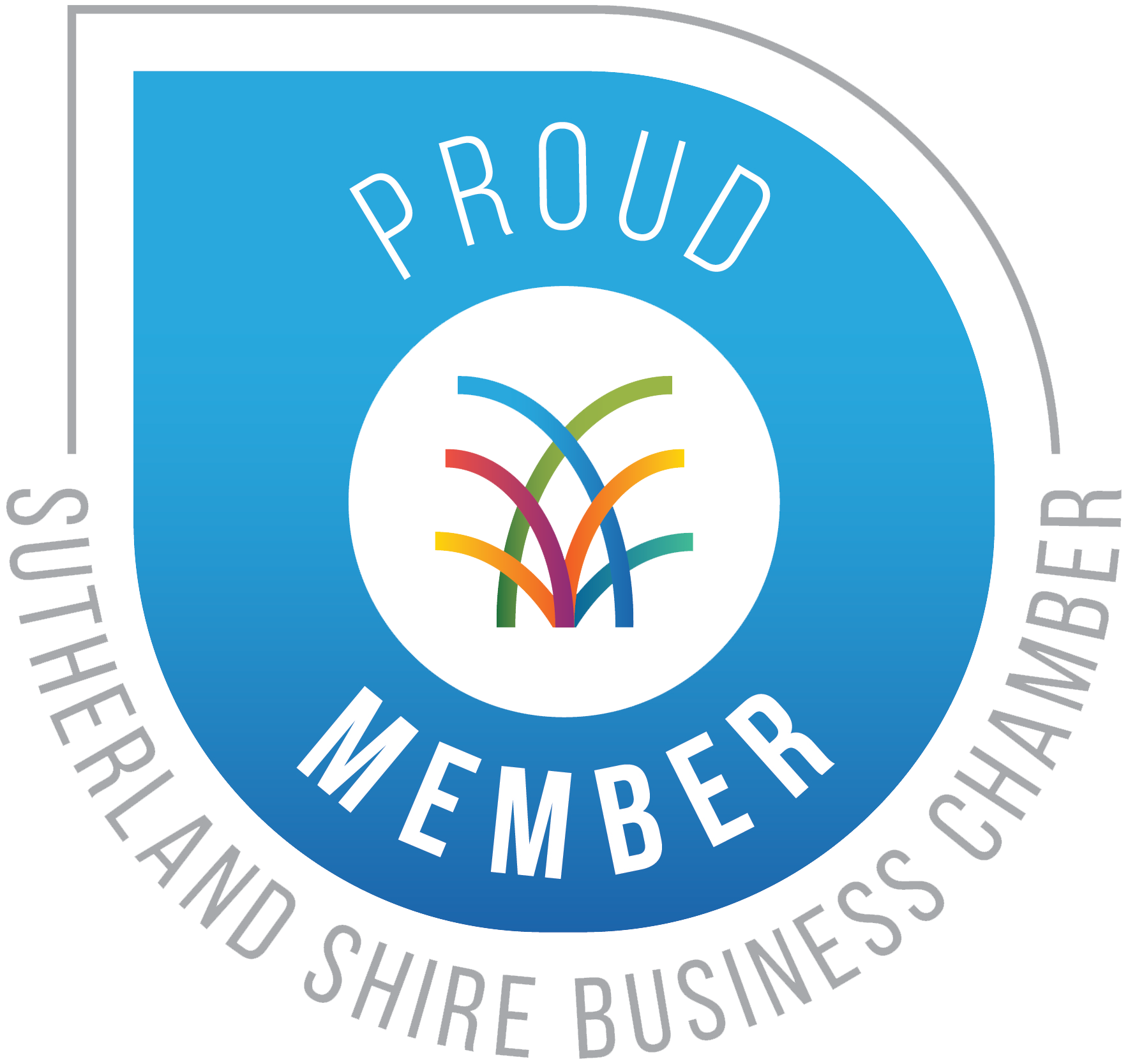



If you’re considering selling your business and haven’t considered an exit strategy, you’re not alone. Among the various work responsibilities we all face, so many business owners leave their exit plans to the last minute. Before you dive into your business’s financial health and record-keeping, legal compliance, customer and supplier relationships, and marketing efforts, it’s important to consider how you can boost your operational efficiency. Our unique insights and tips are designed to help strengthen your business processes and procedures, to maximise your business value when the time comes to sell your business.
Streamline your processes and procedures to boost your organisational efficiency
Streamlining your processes and procedures can enhance your organisational efficiency and increase your buyer appeal. By demonstrating these efficiencies, you’re giving prospective buyers the confidence they need to pick up your business following your exit. After all, you don’t want prospective buyers putting your business in the “two hard basket” before they’ve even considered your financial plan. Service Blueprinting sessions are a valuable tool to uncover unforeseen bottlenecks, inefficiencies, and opportunities for optimisation and automation within your business. Not only can they help you prepare for your exit, but they can help you write a succession plan and grow your business.
Our tips:
Create clear and comprehensive SOPs that prospective buyers can implement with ease
No matter how ready you are to sell, preparing an exit plan can be an emotional process. Reviewing your procedures and operations can help you take a step back and objectively assess how your business runs. It can help you distil any overly complicated processes and procedures prior to documenting them into clear, concise SOPs that prospective buyers can use and learn from. It demonstrates to prospective buyers that you see real value in your business and that they should too. Creating multi-purpose SOPs is a real win-win for business owners who can share their documents with prospective buyers and employees to save time and reduce employee training and admin costs. Keeping your SOPs up-to-date throughout your operation will reduce the time it takes to review your processes and procedures once you decide to sell.
Our tips:

Elevate your SOPs by observing your team and requesting their feedback
Many business owners with strong technical or business backgrounds can document their processes and systems effectively. However, as a business owner, you can take your SOPs to the next level by observing your team members at work, documenting their processes, and detailing unique insights for prospective buyers. Building a skilled team with strong collaboration skills can help you define your core processes and procedures. Requesting feedback from your team can help you decipher what is and isn’t working in your business and further enhance your operational efficiency. Fresh insights and knowledge will maximise your business value and demonstrate to prospective buyers how your processes and procedures operate in the real world.
Our tips:
If you’re considering selling your business and need some extra support to get you there, we’re here to help. Contact our team today.




Privacy Policy // © Empire Virtual Support. All rights reserved // Supporting Businesses Nationally Since 2018